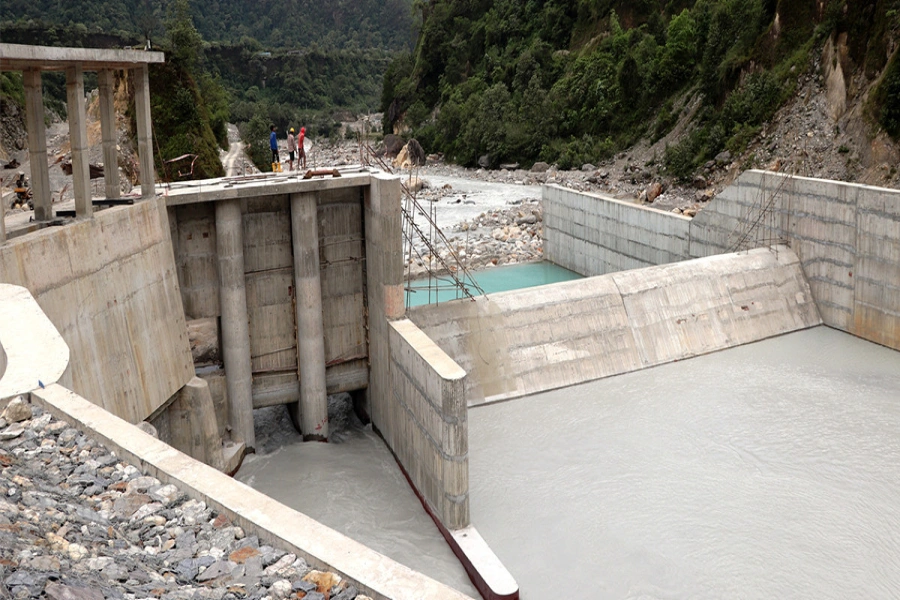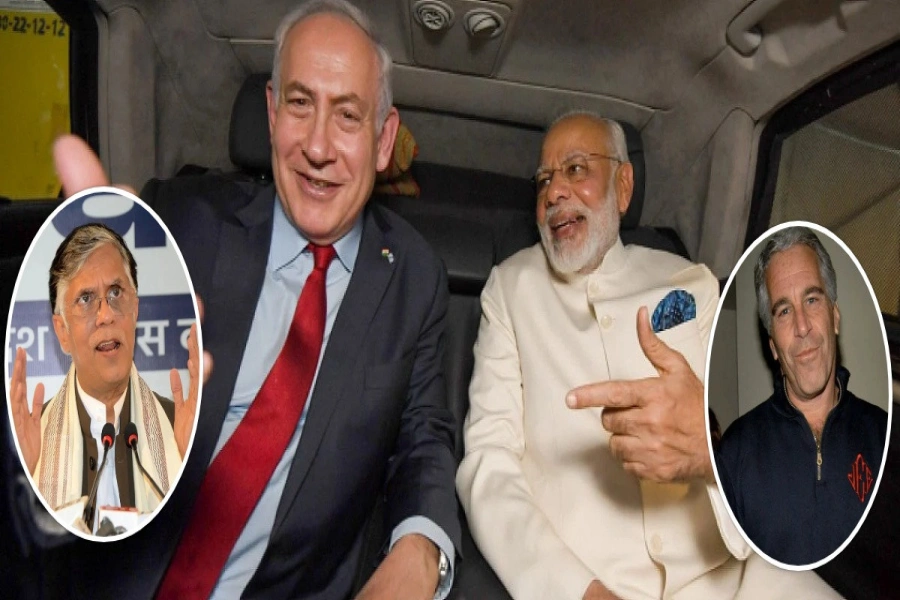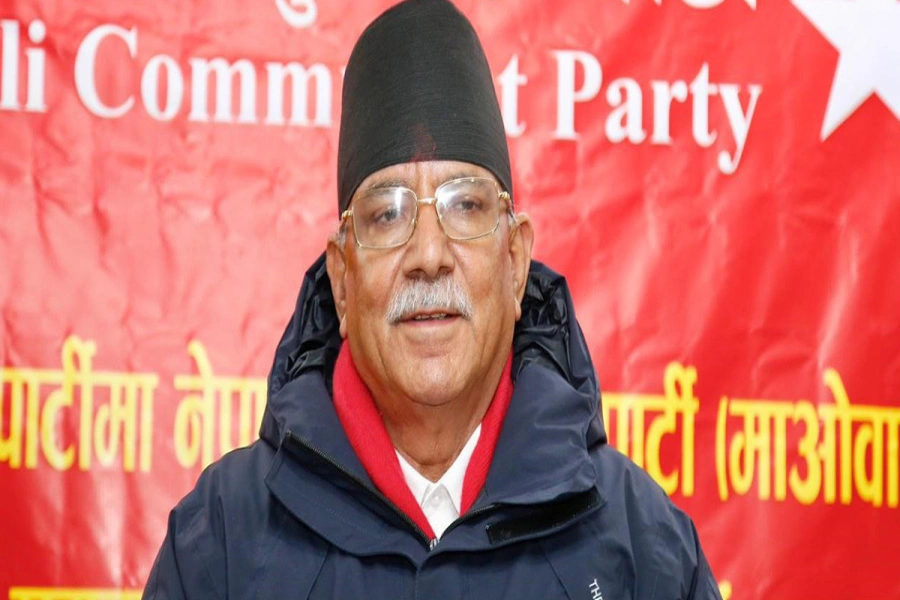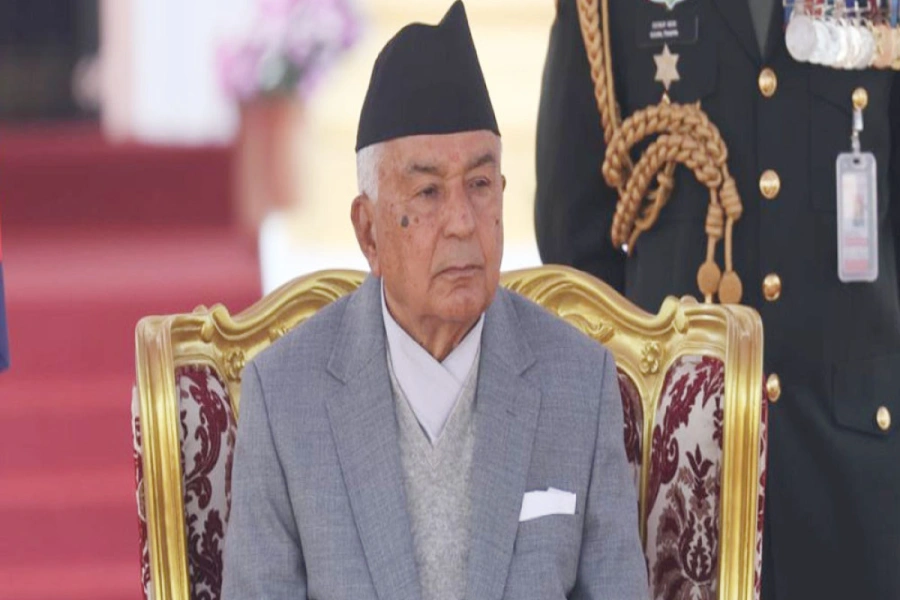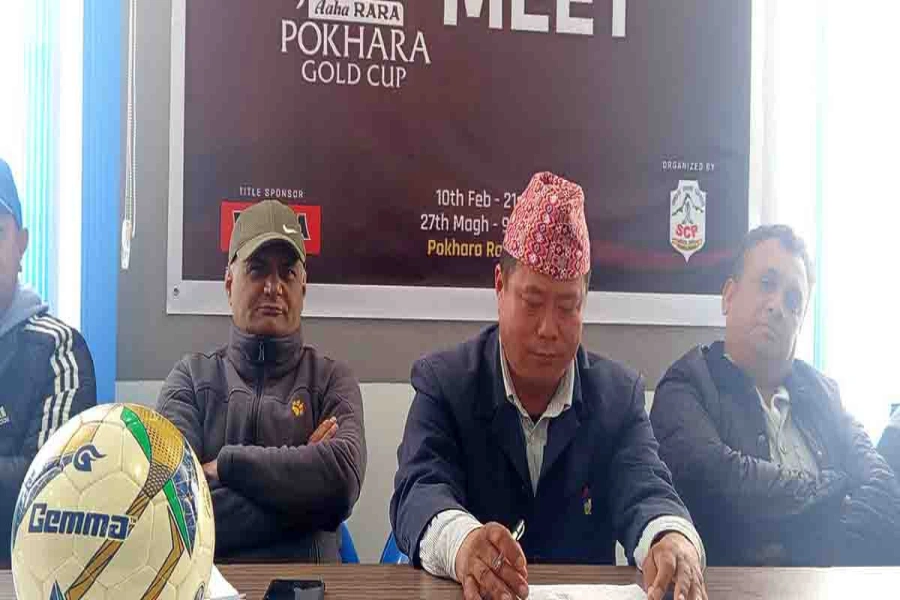Prime Minister Pushpa Kamal Dahal's official visit to China beginning on Saturday offers a critical opportunity to recalibrate Nepal's bilateral relationship with its northern neighbor. The visit, scheduled from September 23 to September 30, comes at a time when Nepal is in need of pragmatic and results-oriented diplomatic endeavors. The visit should break the tradition of reaching dozens of agreements without ensuring their proper implementation. It is paramount to emphasize that the success of this visit hinges on implementing past agreements rather than merely reaching new ones. The track record of bilateral agreements between Nepal and China suggests that signing new agreements without ensuring their implementation is a futile exercise. Past commitments, particularly in trade and transit, have often remained unfulfilled, causing Nepal to miss out on the anticipated benefits. For instance, the Trade and Transit Agreement signed in 2016 was meant to grant Nepal access to several Chinese ports and enhance bilateral trade. Sadly, not a single shipment has utilized these provisions even seven years after the agreement.
It is essential for Prime Minister Dahal to address this issue during his visit and seek concrete steps from the Chinese side to execute previously agreed-upon arrangements. The visit should be utilized as an opportunity to facilitate discussions on the long-standing barriers to effective implementation and to devise a plan to remove obstacles that have hindered progress. One of the key areas that demands immediate action is the trade deficit between Nepal and China. In the realm of trade, Nepal has consistently been on the receiving end, facing a substantial trade deficit. Addressing this imbalance should be a top priority, and concrete measures need to be outlined and acted upon to boost Nepal's exports to China. Exploring and identifying exportable items, encouraging joint ventures, and leveraging Chinese investments are pivotal steps towards reducing this trade gap.
Nepal, China agree to expedite past deals

Similarly, the delegation-level talks should include discussions on energy cooperation, focusing on cross-border transmission lines and hydroelectric projects. Energy is a fundamental pillar for Nepal's development, and collaboration with China in this sector can bring about mutually beneficial outcomes. Moreover, the proposed establishment of a cross-border economic zone, as previously agreed upon, must be actualized. Such zones can stimulate economic growth, encourage trade, and foster industrial cooperation, bolstering the overall economic relationship between the two nations. As a newspaper, we believe that the visit should also prioritize the well-being of Nepali citizens residing near the Nepal-China border, especially in view of the fact that a number of transit points with China remain closed for years. Enhancing road connectivity, upgrading border points, and improving infrastructure in the border areas will not only ease the lives of the local population but also fortify the ties between the two nations.
It is imperative for Nepal to assert its expectations and press for tangible outcomes from this visit. This is not merely about diplomatic symbolism but about concrete actions that can propel Nepal-China relations towards a more dynamic and beneficial direction. Prime Minister Dahal's engagement with China should be marked by strategic prioritization, ensuring the fulfillment of past agreements, and the forging of new agreements that are actionable and deliver results. As Nepal embarks on this significant diplomatic mission, we encourage a steadfast focus on results and implementation, affirming Nepal's position as a pragmatic and determined partner on the international stage. We hope to see Prime Minister Dahal transforming the agreements reached on various occasions in the past into a reality, advancing the interests and prosperity of Nepal and its citizens.





